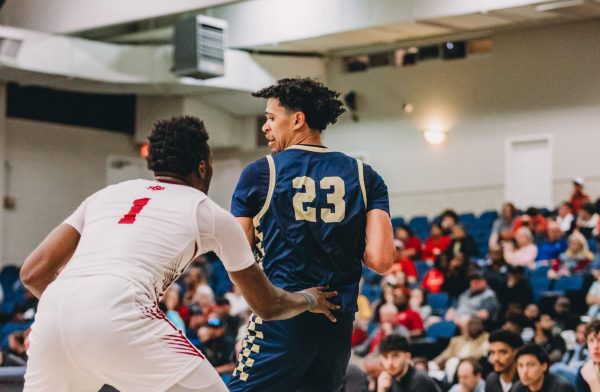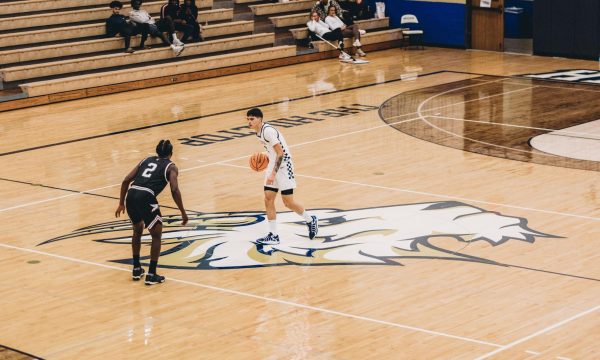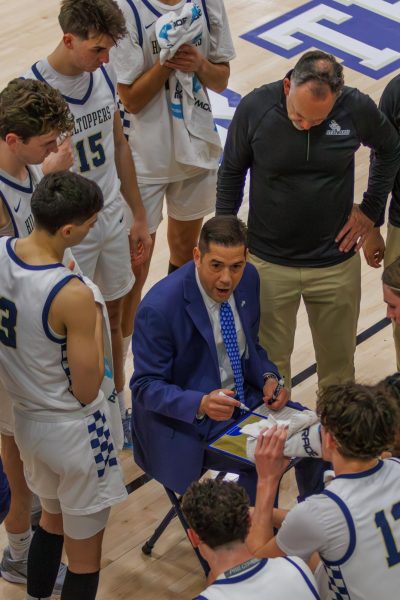Andy Lemons
Stresses of college can sometimes trigger mental health conditions — and doctors suggests that medication may not be the only solution. Campus Recreation provides St. Edward’s with some activities that could supplementally help in coping with some mental illness issues.
“We have students that will come in and talk to us about battles with depression or students that have suicidal thoughts, and the first thing I tell them is that I’ve had those things too,” Campus Recreation Director Andy Lemons said.
In the past Lemons took anti-depressants, but finds that an active lifestyle is a strong asset to living a healthier life. Additionally, he doesn’t want students to feel ostracized for being open about mental health.
Clinical psychologist James Blumenthal conducted an experiment exploring the connection between mood and exercise.
Per Kirsten Weir of the American Psychological Association, Blumenthal and his colleagues assigned depressed adults to one of four groups: supervised exercise, home-based exercise, antidepressant therapy or a placebo pill.
After four months of treatment, Blumenthal concluded that exercise is generally comparable to antidepressants for patients with major depressive disorder. A year later, those subjects who continued with regular exercise also had lower depression scores than less active peers.
“Exercise seems not only important for treating depression, but also in preventing relapse,” Blumenthal said to APA.
There are different wellness options available on campus. Group X passes provide a variety of group workouts like yoga and kickboxing. Intramural sports such as softball or flag football tournaments are friendly competitions against fellow groups of SEU students. Another option are club sports teams, which practice regularly and compete against other schools, in sports like rugby, lacrosse, basketball and soccer.
Students can also play racquetball or volleyball, swim or use the fitness studio in the Alumni Gym for individual workouts.
“The [Health and Counseling Center] is overworked with a lot of these [mental health] issues, so let’s first try to refer students to be active or get into a fitness class to try and manage and mitigate, because a lot of it is just stress of being an adult,” Lemons said.
Some of the complaints or excuses Lemons hears from students about Campus Rec. include time constraints, limited exercise space in the weight room and recreation fields, the false perception of the RCC catering to NCAA athletes, as well as program costs.
Lemons and the Campus Rec. staff encourage students to live within six dimensions of wellness: physical, mental, spiritual, social, financial and purposeful wellness.
However, there are some issues that exercise cannot fix, and Lemons is clear in saying that there are some situations that require medical help.
“You don’t need a Xanax for everything — and you do need it for a lot of things. Let’s find out which one is which,” Lemons said. “But because [Campus Rec.] wants to be that resource, we also don’t want people to think we don’t believe that real mental health is an issue — because I’ve suffered from it, and I know it is a real thing.”






